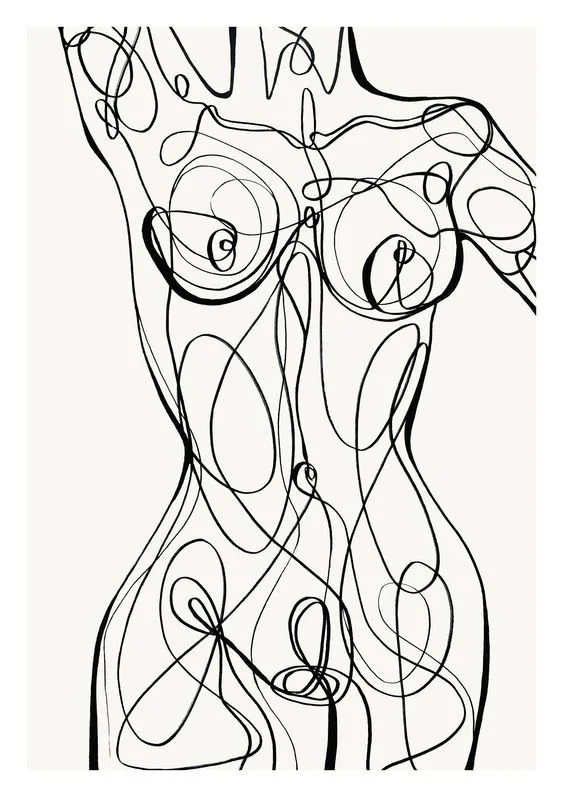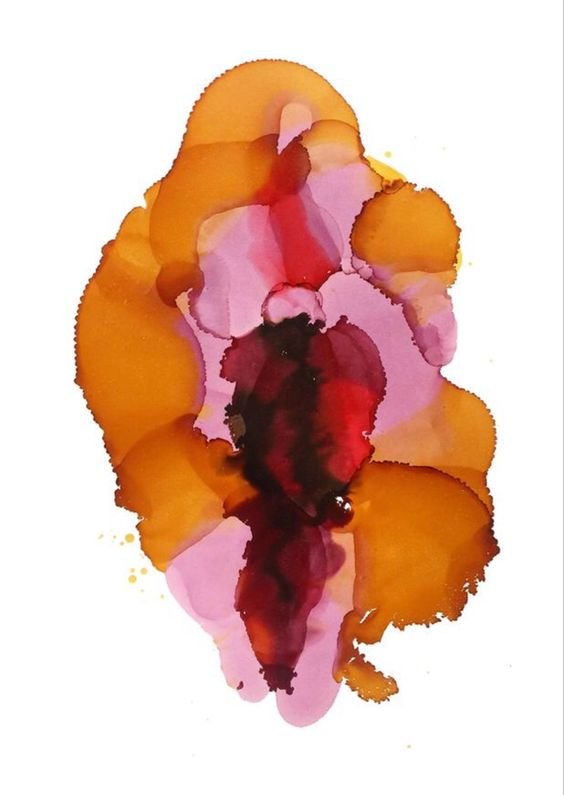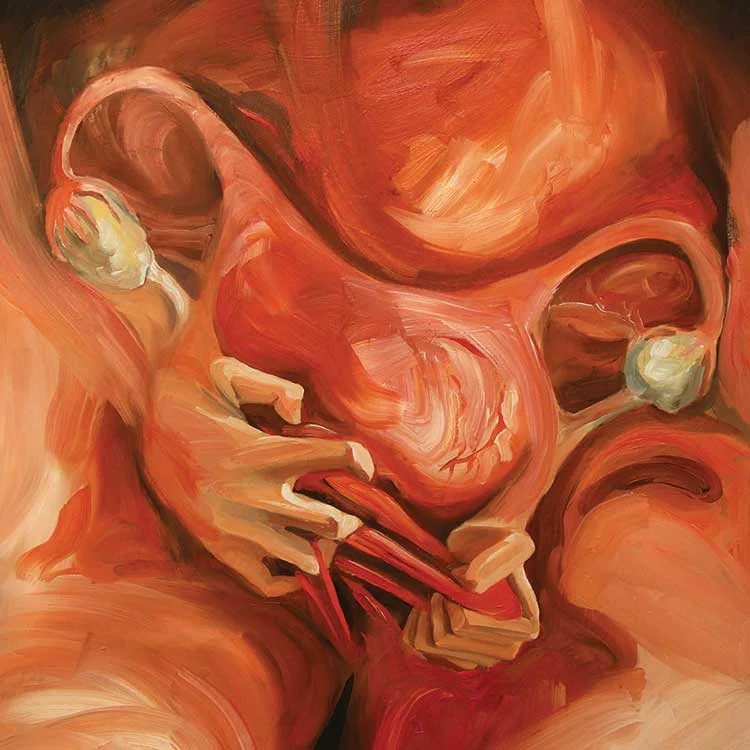Endometriosis: Beyond the Trend, Into the True Struggle
In recent years, endometriosis has gained the attention it long deserved. Women are being diagnosed more frequently, awareness campaigns are shedding light on a condition once shrouded in silence, and conversations around the pain and complexity of endometriosis are finally happening. But there’s another side to this growing awareness that can’t be ignored—the way in which endometriosis has become somewhat of a buzzword.
For those of us who have lived with severe, life-altering endometriosis for years, watching this trend unfold can be frustrating. Endometriosis is not just a “bad period” diagnosis to be handed out casually, and for women like me, with stage four endometriosis, the minimization of this condition can feel deeply invalidating.
Endometriosis as a Trend
Today, it’s not uncommon for women to be diagnosed with endometriosis after a conversation with a doctor or a quick ultrasound. Painful periods are mentioned, a few symptoms are discussed, and the label of “endometriosis” is applied. In some cases, this is a positive step forward—more women are being heard, gaining awareness, and beginning to understand their symptoms. But for those of us with more severe cases, like stage four, this growing trend of quick diagnoses can sometimes feel as though the complexity of endo is being overlooked.
Back in 2017, when I first sought help for my symptoms, I was told my pain was psychological. I was referred to a psychiatrist several times, dismissed by doctors who couldn’t imagine the complexity of what was happening inside my body. It wasn’t until one surgeon agreed to open me up, literally looking inside my abdomen, that the full extent of my endometriosis was revealed—or even diagnosed at all.
Beyond the Surface: Understanding the Stages of Endometriosis
Now, I see women being diagnosed with endometriosis based on a conversation or a brief ultrasound. And while endo can absolutely impact women at any stage, the fact is, many people don’t know that endometriosis has stages at all, or that the condition can present very differently depending on its severity. For those of us with advanced endometriosis, the symptoms go far beyond what’s visible on a surface level, affecting vital organs and carrying serious risks.
In my case, for example, there are days each cycle when endometrial tissue blocks my urethra, making it impossible to empty my bladder for more than 24 hours. Each month, this leads to pyelonephritis—a serious kidney infection—and it’s just one dangerous symptom among many. These issues are far from trivial and can have lasting consequences, well beyond the image of being in bed with a painful period.
It’s wonderful that endometriosis awareness is spreading, but we also need a deeper understanding—one that recognizes the full spectrum of this condition and the stages that can change the lives of those affected in different ways. This complexity is crucial to grasping what endo truly is, rather than viewing it as a single condition that affects everyone the same way.
Image : VulvaSeries - Etsy
The Impact on Those with Severe Endo
For women like us, who have spent years in pain, undergone multiple surgeries, and live with the knowledge that endo has infiltrated organs beyond the reproductive system, the trend of quick diagnoses can feel disheartening.
Stage four endometriosis affects more than just the uterus. It binds organs together, infiltrates the bladder, bowels, and, in some cases, even the diaphragm and lungs. It’s a condition that requires careful investigation—yet today, endo is sometimes diagnosed without even an internal examination. While painful periods are unpleasant for any woman, with or without endo, other conditions, such as polycystic ovary syndrome (PCOS), pelvic inflammatory disease, adenomyosis, or fibroids, among others, can also cause similar symptoms. Casually diagnosing endometriosis may even prevent some women from receiving more accurate diagnoses and treatments that could better address their specific conditions.
Hearing someone casually mention a diagnosis of endo after a single conversation can feel as though the seriousness of the condition is being minimized. This is not to say those women don’t deserve care and compassion. But for those of us with stage four endo, it’s a daily battle just to function—to urinate, to move, to care for our families, and to stay out of the hospital.
Image: Em Cooper — Torture Grips
The Disconnect Between Diagnosis and Reality
The reality of endometriosis is far more complex than a quick diagnosis can capture. In my case, endo doesn’t just cause pain—it impacts my ability to perform the most basic bodily functions. There are days when I cannot get out of bed, but even more challenging are the times I can’t empty my bladder, endure excruciating pain with every bowel movement, or simply cannot walk. Yet, I still have to keep going, taking care of my children and fulfilling daily responsibilities, even if it means crawling, leaning against walls, or making things playful to shield my kids from worry. I can’t afford to give in to the pain, no matter how overwhelming it gets.
Endometriosis is not just a trend, and it shouldn’t be treated like one. The rise in diagnoses is progress, but it cannot overshadow the profound, life-altering reality that endo brings for those of us in its most severe stages.
Photo: CHIHARU SHIOTA–塩田千春
A Deeper Understanding for Lasting Change…
Endometriosis has been in the public eye for some time now, bringing with it the hope that more women will be understood and supported. But even as awareness spreads, there remains a gap in understanding the full reality of what endometriosis truly is. It’s a complex condition that exists on a spectrum, from mild discomfort to life-altering impact, affecting everything from daily activities to vital bodily functions. For those of us living with advanced endo, the reality goes far beyond the label.
True progress lies not only in raising awareness but in fostering genuine empathy and accurate diagnoses. Endometriosis is not a single narrative; it’s a diverse and deeply personal journey for each woman affected. To honor that journey, we must move beyond quick diagnoses and surface-level recognition, reaching toward a more complete understanding of this condition’s profound, often unseen, impact.
Related Reads You'll Love







Endometriosis awareness is rising, but for those with severe cases, the true struggle lies beyond recognition in unseen daily battles…